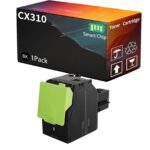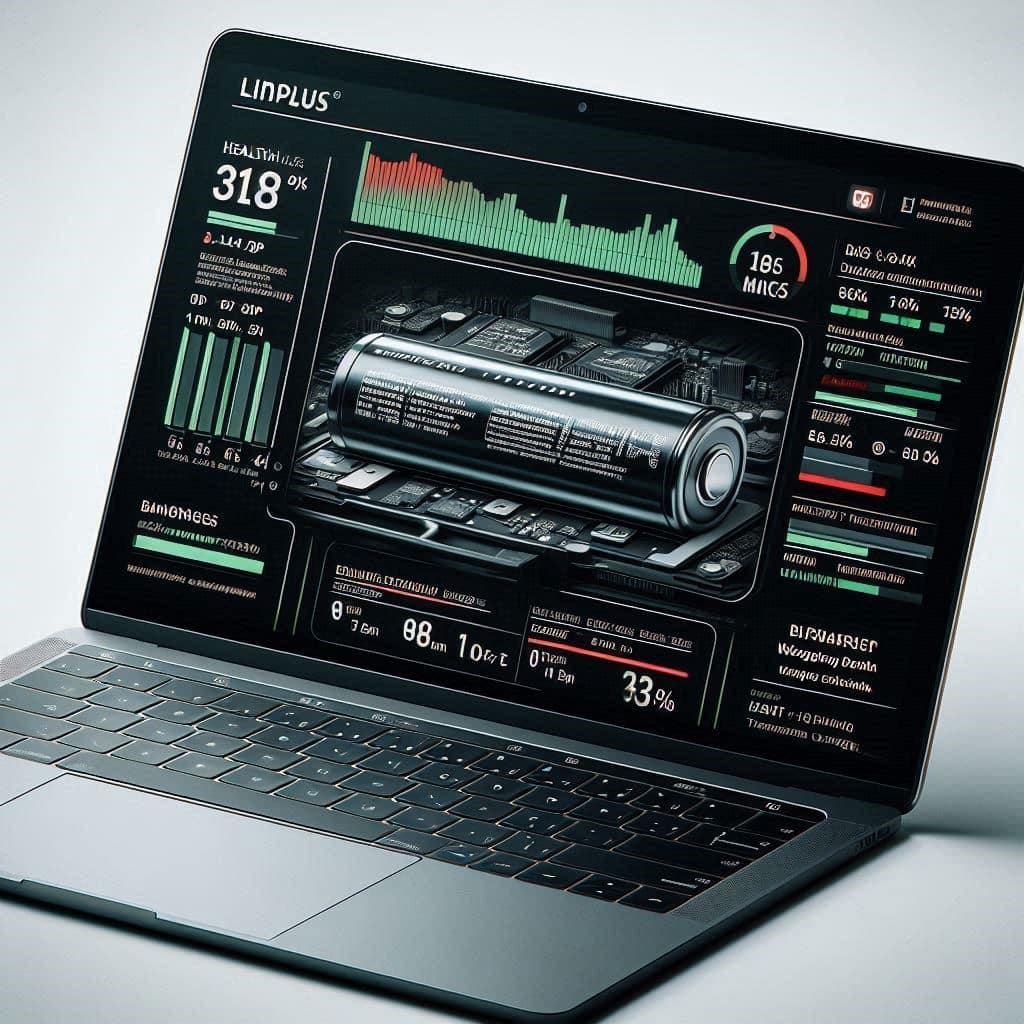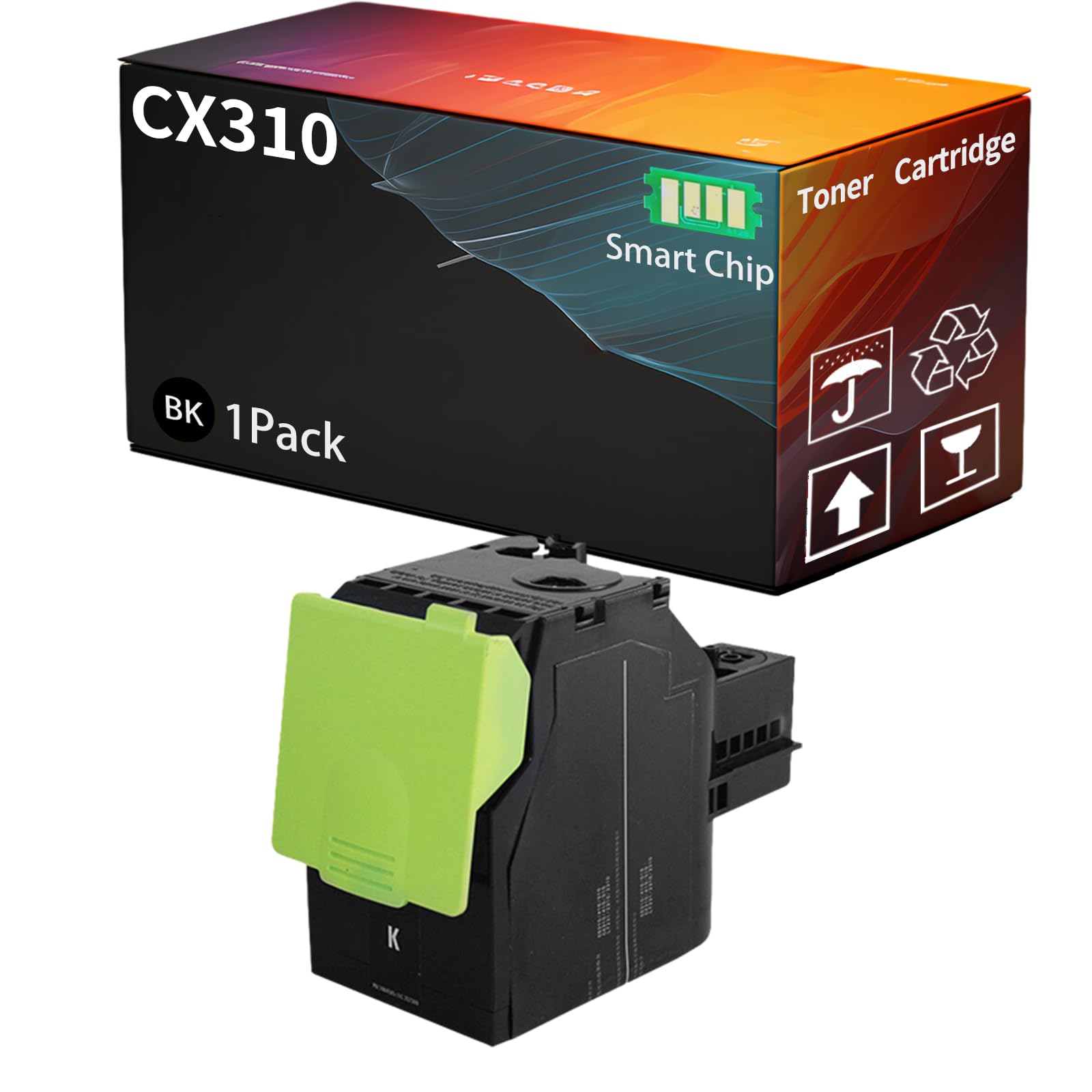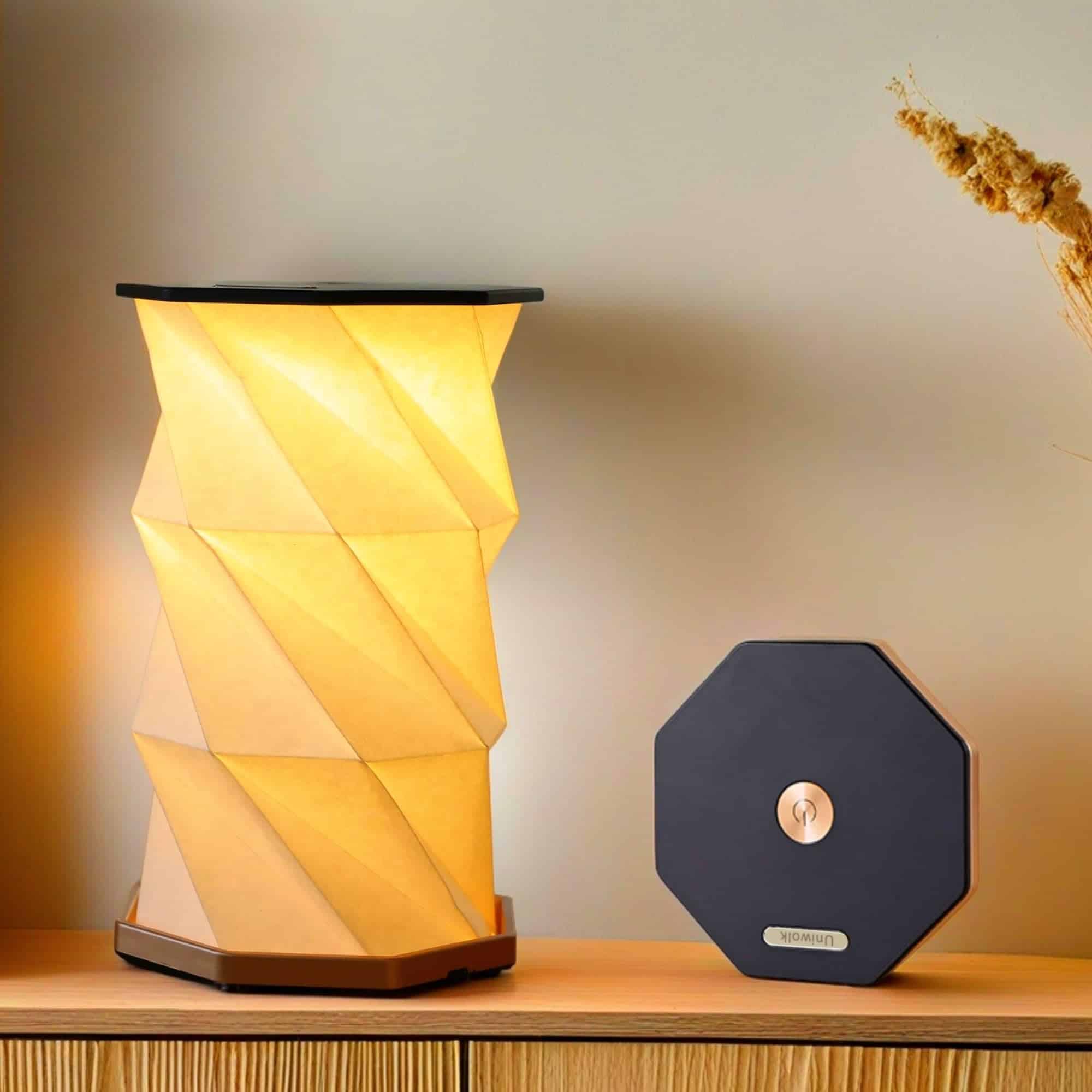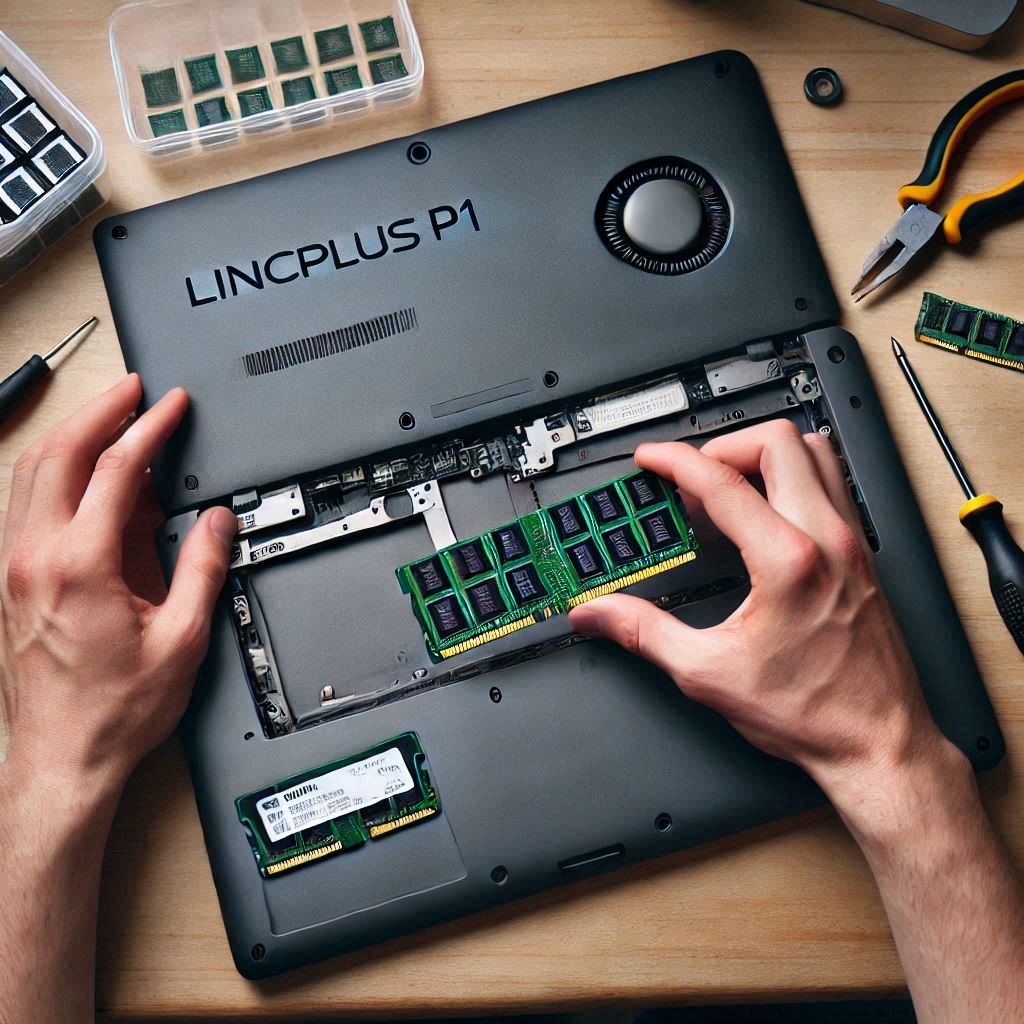- Introduction
- Recent Battery Issues and Complaints about bios batterie lincplus
- Possible Causes of Battery Problems
- Impact on Users and Devices
- Steps Taken by the Company to Address the Issue
- Recommendations for bios batterie lincplus Users
- BIOS Batterie Lincplus: Dangerous Battery Problems Revealed
- BIOS Batterie Lincplus: Avoid These Fearsome Battery Issues
- BIOS Batterie Lincplus: Dangerous Battery Problems Revealed
- FAQ’s
- General Information
- Installation and Replacement
- Troubleshooting and Maintenance
Introduction
The BIOS Batterie Lincplus has been making waves lately, but not for the reasons you might expect. Once celebrated for its reliability, recent reports have unveiled a slew of terrifying battery issues that are leaving users in distress. If you’re part of the Lincplus community or considering this product, you need to be aware of what’s happening behind the scenes. From unsettling malfunctions to potential risks, it’s time to dive deep into the world of BIOS batterie Lincplus and uncover what these alarming complaints mean for your devices. Buckle up as we explore this critical topic!
Recent Battery Issues and Complaints about bios batterie lincplus
Users have recently reported alarming issues with the BIOS Batterie Lincplus. Complaints range from unexpected shutdowns to failure in retaining system settings. Many individuals describe their devices losing power at critical moments, leading to potential data loss.
Forums are buzzing with discussions about these battery failures. Some users experienced rapid depletion, needing frequent replacements far sooner than expected. This has sparked frustration and concern among loyal customers.
Additionally, some consumers noted odd behavior in their systems after installing a new BIOS update. Devices would freeze or behave erratically, creating an unsettling experience for everyday tasks.
The growing chorus of dissatisfaction raises questions about quality control and reliability within this product line. As more users share their experiences online, it’s clear that the situation demands attention from both the manufacturer and potential buyers alike.
Possible Causes of Battery Problems
Battery problems with BIOS Batterie Lincplus can stem from various factors. One common issue is manufacturing defects. Some batches may not meet quality standards, leading to premature failures.
Heat exposure is another significant contributor. High temperatures during charging or usage can damage battery cells, reducing their lifespan drastically.
Frequent power surges also play a role in battery degradation. These fluctuations strain the internal components and disrupt normal functioning.
Moreover, improper handling by users can cause hidden damage. Dropping devices or using incompatible chargers may lead to unexpected issues down the line.
Software glitches might interfere with how the system interacts with the battery. This miscommunication could result in inaccurate charge readings and performance inconsistencies across devices.
Impact on Users and Devices
The impact of BIOS Batterie Lincplus issues on users has been startling. Many have reported unexpected shutdowns and data loss, which can be catastrophic for both personal and professional use.
Devices reliant on this battery often exhibit erratic behavior. Systems may fail to boot or show warning messages that disrupt workflow.
For gamers, these interruptions are more than just annoyances; they can lead to in-game losses or corrupt save files. Even casual users face frustrations when their devices unexpectedly restart during important tasks.
Moreover, the anxiety over potential damage amplifies stress levels among consumers. Trust in the brand diminishes as people weigh their options for replacement batteries or alternative solutions. Users find themselves navigating a minefield of uncertainties with each device interaction.
Steps Taken by the Company to Address the Issue
In response to the alarming battery issues surrounding BIOS Batterie Lincplus, the company has initiated several key measures. They promptly launched an investigation to understand the root causes of these malfunctions.
Additionally, a dedicated support team was established to assist affected customers. This team aims to provide timely solutions and guidance on how users can navigate their concerns effectively.
To further enhance user safety, Lincplus issued warnings regarding proper usage and storage conditions for their batteries. They also rolled out software updates aimed at improving device compatibility with existing battery models.
Moreover, they have ramped up quality control processes in manufacturing. By refining their testing methods, they seek to prevent future occurrences of similar issues.
These steps indicate Lincplus’s commitment towards rebuilding consumer trust while ensuring safer experiences for all users moving forward.
Recommendations for bios batterie lincplus Users
For users of BIOS Batterie Lincplus, taking proactive steps can help mitigate battery issues. Start by regularly checking the battery’s health through your device’s BIOS settings. This simple action can provide insight into potential problems before they escalate.
Consider investing in a quality charger. Using original or certified chargers ensures compatibility and prevents overheating, a common cause of battery failure.
It’s also wise to maintain optimal temperature conditions for your devices. Extreme heat or cold can adversely affect battery performance and lifespan.
Keep software updated. Manufacturers often release updates that improve hardware efficiency and address known issues. Regularly check for updates to ensure your device runs smoothly.
Staying informed about user experiences on forums may also prove beneficial as it allows you to learn from others facing similar challenges with their BIOS Batterie Lincplus systems.
BIOS Batterie Lincplus: Dangerous Battery Problems Revealed
The BIOS Batterie Lincplus has recently come under scrutiny for alarming battery problems. Users have reported unexpected shutdowns and erratic performance, raising concerns about device reliability.
Some users have experienced devices failing to boot up properly. This can lead to data loss and significant frustration, especially during critical work tasks. The impact isn’t just limited to inconvenience; it disrupts productivity across various sectors.
Reports indicate that these issues could stem from manufacturing defects or software glitches in the BIOS settings themselves. Such underlying problems warrant immediate attention from both manufacturers and consumers alike.
Amid all this chaos, the safety of users remains a paramount concern. Devices with compromised batteries pose risks not only to functionality but also potential hazards like overheating or even fire incidents in severe cases.
BIOS Batterie Lincplus: Avoid These Fearsome Battery Issues
When it comes to the BIOS Batterie Lincplus, vigilance is key. Users should be alert to signs of battery malfunction, such as unexpected shutdowns or failure to hold a charge.
Regularly checking for firmware updates can make a significant difference. These updates often contain important fixes that could mitigate potential issues.
Proper care and handling are also essential. Avoid exposing your device to extreme temperatures and ensure it’s stored in a safe environment when not in use.
Additionally, consider monitoring battery health using diagnostic tools available online. This proactive approach helps catch problems early before they escalate into serious concerns.
Stay informed about any recalls or advisories from the manufacturer; timely action can save both time and money down the line.
BIOS Batterie Lincplus: Dangerous Battery Problems Revealed
The BIOS Batterie Lincplus has sparked significant concern among users due to alarming battery issues. Reports of sudden failures and erratic behavior have flooded forums, leaving many frustrated. These problems raise questions not only about the reliability of the product but also about its safety.
Users often encounter symptoms such as rapid power drain, unexpected shutdowns, and even potential overheating. Such experiences can compromise device functionality and lead to considerable inconvenience for everyday tasks.
Understanding possible causes is essential. Factors may include manufacturing defects, subpar materials, or improper usage conditions. Identifying these culprits helps both consumers and manufacturers address underlying issues effectively.
Impact on devices can be severe. A faulty battery affects performance across various applications—whether it’s a simple task like web browsing or more demanding operations like gaming or video editing. Users deserve reliable products that enhance their digital experience rather than disrupt it.
In response to these growing concerns, Lincplus has taken steps toward resolution. They’ve issued statements assuring customers of their commitment to quality control and customer satisfaction. New guidelines are put in place for troubleshooting common issues reported by users.
For those currently using a BIOS Batterie Lincplus or considering purchasing one, vigilance is key. Regular checks on battery health can prevent complications down the line—monitoring charge cycles and keeping an eye out for any unusual activity will serve you well.
This situation reveals critical insights into what consumers need from tech companies today: transparency regarding product quality and responsive customer support when things go wrong.
As experiences unfold with the BIOS Batterie Lincplus in households around the globe, staying informed becomes crucial amidst these dangerous battery problems revealed through user testimonies.
FAQ’s
General Information
Answer: The BIOS Batterie Lincplus is a battery designed to power the BIOS chip on Lincplus motherboards or computers. This battery ensures that BIOS settings, such as system configuration and clock settings, are retained even when the computer is turned off.
Answer: The BIOS battery is crucial because it maintains the system’s BIOS settings and real-time clock (RTC) when the computer is powered off. Without a functioning battery, the computer might lose its BIOS settings, leading to issues like incorrect system time and trouble booting.
Answer: Typically, the BIOS battery should be replaced every 3 to 5 years. If you notice issues such as the BIOS settings resetting or incorrect system time, it may be time to replace the battery.
Installation and Replacement
Answer: To replace the BIOS Batterie Lincplus:
Power Off the Computer: Ensure the system is completely shut down and unplugged.
Open the Computer Case: Access the motherboard by removing the case panel.
Locate the Battery: Find the BIOS battery on the motherboard, usually a coin-cell type.
Remove and Replace: Carefully remove the old battery and insert the new BIOS Batterie Lincplus, ensuring it is properly seated.
Reassemble: Close the case and reconnect power. Boot up the computer and reconfigure BIOS settings if needed.
Answer: Replacing the BIOS battery typically requires minimal tools. A small screwdriver may be needed to open the computer case. No special tools are required for the battery replacement itself.
6. Can I use a different brand of battery instead of the BIOS Batterie Lincplus? Answer: It is generally recommended to use the specific BIOS Batterie Lincplus or a compatible replacement with the same specifications (e.g., CR2032 coin cell battery) to ensure proper functioning and fit.
Troubleshooting and Maintenance
Answer: Common signs include:
Incorrect System Time: The clock keeps resetting or shows the wrong time.
BIOS Settings Reset: Customized BIOS settings are lost or reverted to default.
Boot Errors: Difficulty booting up or error messages related to BIOS settings.
8. How can I check if the BIOS battery is working properly? Answer: You can check the BIOS battery’s status by entering the BIOS setup during system boot (usually by pressing a key like F2 or Delete). If the system reports an error or incorrect time, the battery might need replacement.
Answer: If issues persist after replacing the battery, consider:
Resetting BIOS Settings: Perform a BIOS reset to default settings.
Checking for Hardware Issues: Inspect the motherboard for any physical damage or loose connections.
Consulting Support: Contact technical support or a professional technician for further diagnosis.
Answer: No, BIOS batteries should be disposed of properly due to environmental concerns. Many places offer recycling programs for batteries. Check local regulations or return the old battery to a designated recycling center or electronics store.
